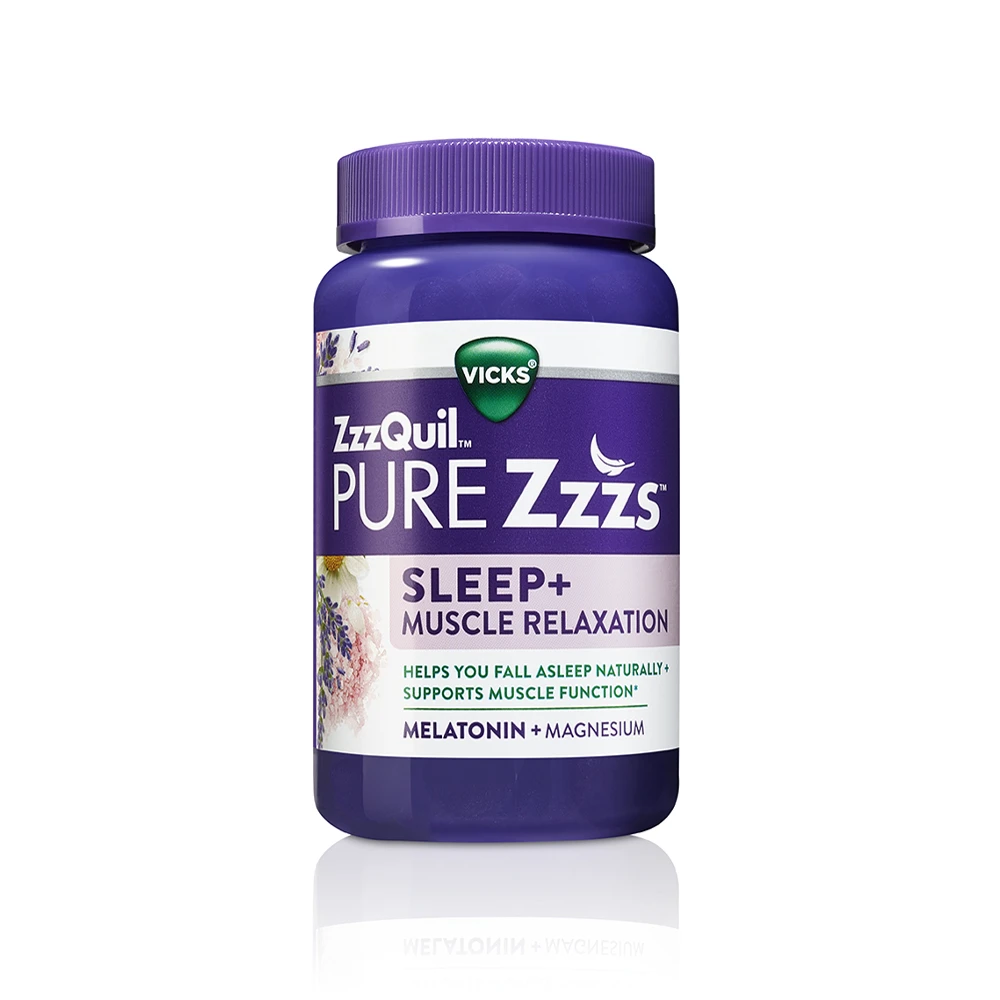What Are The Ingredients In Relaxing Sleep

Imagine sinking into your bed after a long day, the soft glow of twilight filtering through the curtains. A gentle breeze whispers through the open window, carrying the scent of lavender and damp earth. You feel the tension melt away, replaced by a profound sense of peace, as your mind prepares to drift off into a restful slumber.
But what exactly are the ingredients that contribute to this elusive state of relaxing sleep? Beyond the romantic imagery, science offers a compelling roadmap to understanding and cultivating the perfect conditions for restorative rest. It's a complex interplay of biological processes, environmental factors, and behavioral choices that can profoundly impact the quality of our sleep.
The Foundation: Biological Rhythms and Hormones
Our bodies operate on an internal clock, known as the circadian rhythm, which regulates sleep-wake cycles. This rhythm is heavily influenced by external cues like light and darkness.
Melatonin, often dubbed the “sleep hormone,” plays a critical role in this process. The National Institutes of Health (NIH) explain that melatonin production increases in the evening, promoting relaxation and preparing the body for sleep.
Conversely, cortisol, the stress hormone, ideally dips in the evening to allow for restful sleep. However, chronic stress can disrupt this delicate balance, leading to elevated cortisol levels at night and difficulty falling or staying asleep.
The Role of Light
Exposure to bright light, especially blue light emitted from electronic devices, can suppress melatonin production. Therefore, it’s advisable to dim the lights and avoid screens at least an hour before bed.
Sunlight exposure during the day helps regulate the circadian rhythm, reinforcing the sleep-wake cycle. Even a short walk outdoors can make a difference.
Temperature's Impact
A slightly cooler room temperature is generally more conducive to sleep. According to the Sleep Foundation, the ideal bedroom temperature for sleep is around 65 degrees Fahrenheit (18.3 degrees Celsius).
Nourishing the Body and Mind
What we consume throughout the day can significantly impact our sleep. Certain foods and beverages can either promote or hinder relaxation.
A heavy meal close to bedtime can disrupt sleep, as the body is busy digesting instead of relaxing. Similarly, caffeine and alcohol can interfere with sleep patterns.
Instead, focus on lighter, nutrient-rich meals and snacks in the evening. Foods containing tryptophan, an amino acid that helps produce melatonin and serotonin, may be beneficial. Turkey, nuts, and seeds are good sources.
Hydration is also essential. Dehydration can lead to headaches and muscle cramps, disrupting sleep. However, avoid drinking too much fluid before bed to minimize nighttime awakenings.
The Gut-Brain Connection
Emerging research highlights the crucial link between gut health and sleep. The gut microbiome influences the production of neurotransmitters that regulate sleep, such as serotonin and dopamine.
A diet rich in fiber and prebiotics can promote a healthy gut microbiome, potentially improving sleep quality. Fermented foods like yogurt and kimchi can also be beneficial.
Creating a Relaxing Bedtime Routine
Establishing a consistent bedtime routine signals to your body that it's time to wind down. This routine should be calming and enjoyable, promoting relaxation and reducing stress.
Consider incorporating activities like reading a book, taking a warm bath, or practicing gentle stretching or yoga. Mindfulness meditation can also be effective in quieting the mind and reducing anxiety.
Avoid engaging in stimulating activities before bed, such as working or watching exciting movies. A quiet, dark, and cool sleep environment is essential.
The Power of Mindfulness
Mindfulness practices, such as meditation and deep breathing exercises, can help calm the nervous system and reduce racing thoughts that often interfere with sleep.
Apps like Calm and Headspace offer guided meditation sessions specifically designed to promote relaxation and sleep. Even a few minutes of mindful breathing can make a difference.
Addressing Underlying Issues
Sometimes, difficulty sleeping is a symptom of an underlying medical or psychological condition. Chronic pain, anxiety, depression, and sleep apnea can all disrupt sleep.
If you're consistently struggling to sleep, it's essential to consult with a healthcare professional. They can help identify any underlying issues and recommend appropriate treatment.
Cognitive behavioral therapy for insomnia (CBT-I) is a proven effective treatment for chronic insomnia. It involves changing behaviors and thought patterns that contribute to sleep problems.
The American Academy of Sleep Medicine emphasizes the importance of addressing underlying sleep disorders to improve overall health and well-being.
The Symphony of Sleep
Relaxing sleep isn't a single element but a harmonious combination of factors. It requires attending to our biological rhythms, nourishing our bodies, creating a calming bedtime routine, and addressing any underlying health issues.
It’s a process of mindful cultivation, a gentle coaxing of the body and mind into a state of receptive tranquility. By understanding the ingredients and implementing practical strategies, we can unlock the secrets to restorative rest and wake up feeling refreshed and rejuvenated.
Ultimately, the quest for relaxing sleep is a journey of self-discovery and mindful living. It’s about creating a life that supports our natural rhythms and prioritizes our well-being.


















